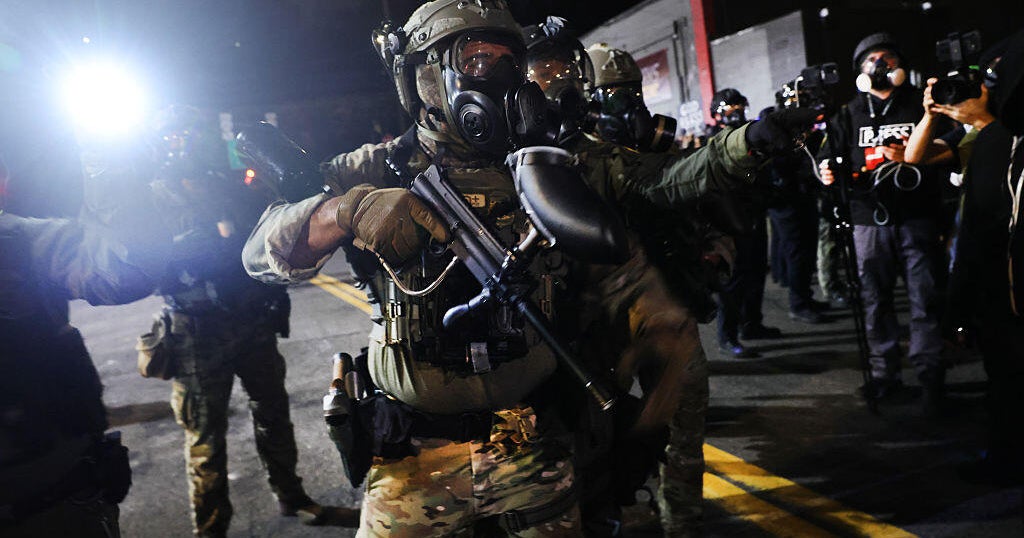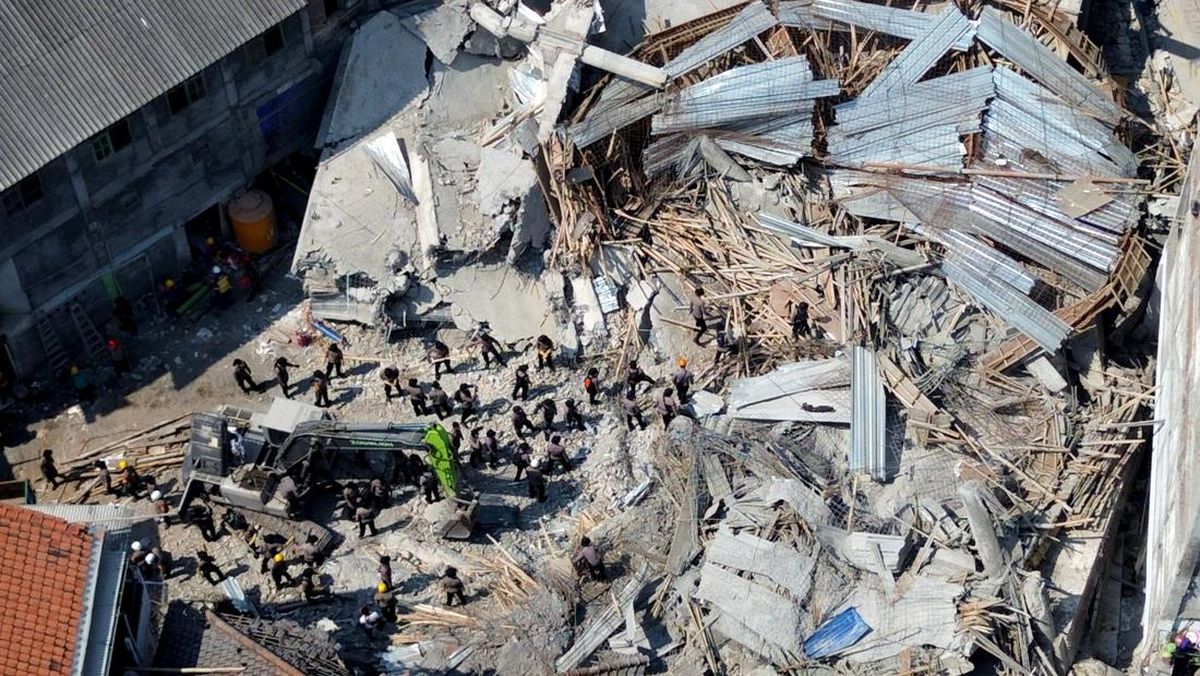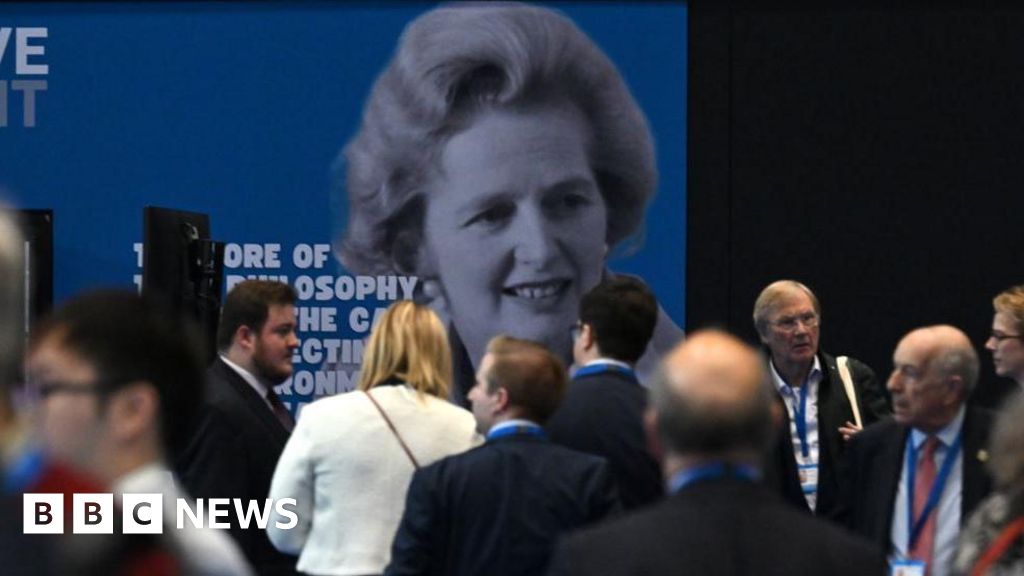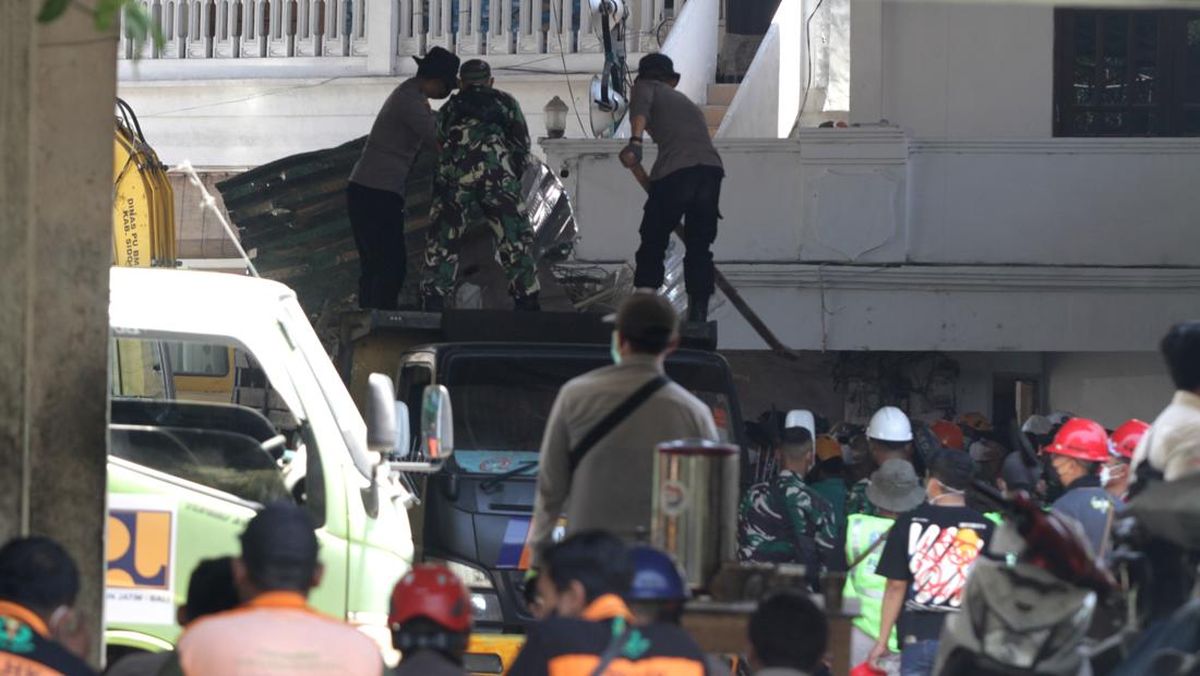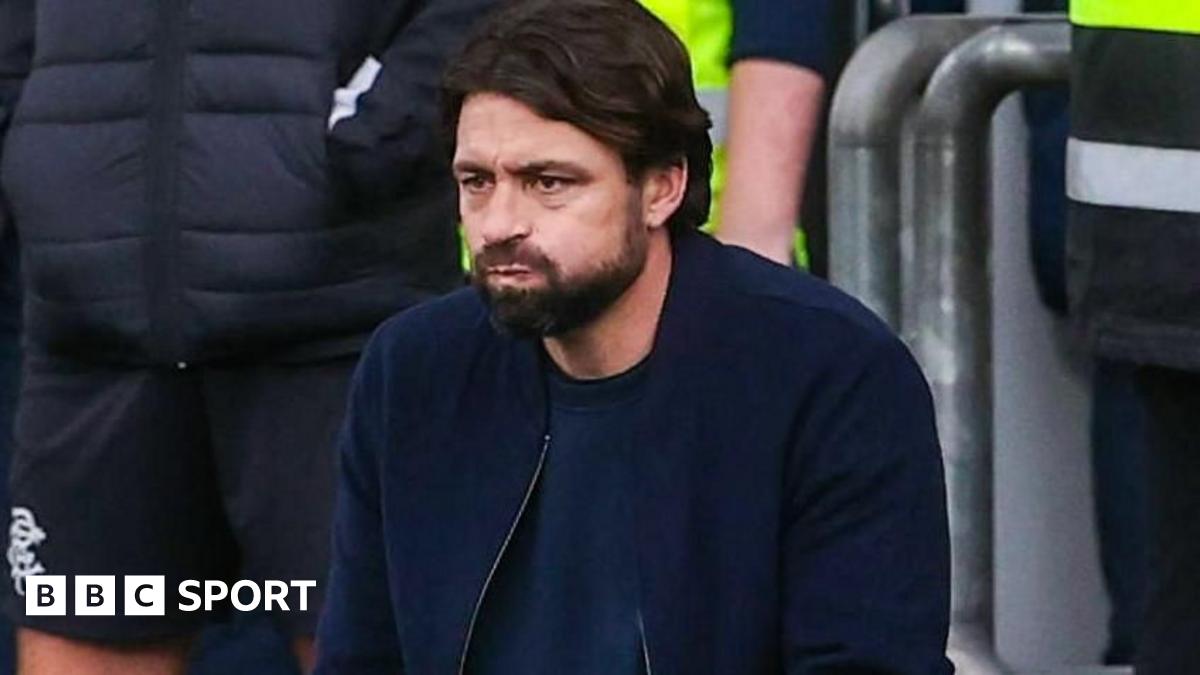The following is the transcript of the interview with Retired Lt. Gen. Ben Hodges that aired on "Face the Nation with Margaret Brennan" on Oct. 5, 2025.
MARGARET BRENNAN: We turn now to the former Commanding General of the U.S. Army in Europe, retired Lieutenant General Ben Hodges. And he joins us from Germany. Welcome to 'Face The Nation.'
LIEUTENANT GENERAL (RETIRED) BEN HODGES: Thank you very much, Margaret.
MARGARET BRENNAN: I want to pick up- pick up where we left off with Senator Duckworth, who is a Purple Heart recipient for her time serving this country in combat. Men and women have different basic fitness standards. The Secretary, in his remarks at Quantico, said women- or he suggested women were being given a pass or were held to lower standards for fitness requirements. Do you think his change to the quote unquote male standard is necessary?
LT. GEN. (RET.) HODGES: I think this is completely unnecessary. I have 38 years in the Army, and we've served with women in all sorts of different environments and deployments, and I never had a case where a female soldier was not able to do what she had to do. So this is a- seems to me an unnecessary, almost a medieval approach, that doesn't reflect the requirements that we have for women and men who are intelligent, able to operate in a modern battlefield environment.
MARGARET BRENNAN: The Defense Secretary made these remarks at Quantico last week, as you well know, ordered in our most senior military officers to hear him lay out what he talked about in terms of changing rules of engagement, those codes of conduct and standards to make war less brutal. The Secretary said this.
[SOT]
SECRETARY PETE HEGESTH: We also don't fight with stupid rules of engagement. We untie the hands of our war fighters to intimidate, demoralize, hunt and kill the enemies of our country. No more politically correct and overbearing rules of engagement. Just common sense, maximum lethality and authority for war fighters.
[END SOT]
MARGARET BRENNAN: What do you make of those directives to officers?
LT. GEN. (RET.) HODGES: Well, that's- that's not going to help anybody accomplish their mission. I mean, when you think about the missions that we had in Afghanistan, for example, and I think that's where some of his experience comes from. It was to protect Afghan civilians so that they could reestablish government and secure themselves, and so it was not about how many Taliban could you kill. We had already tried that, and that didn't work. So the rules of engagement are not 'politically correct.' They're not intended to make it harder for soldiers or units to do their job. They actually are part of the mission. Why are we there? And so I don't have any experience where killing a lot of innocent people or violating the Geneva Convention is going to help accomplish the mission. I think that the idea that we should- that somehow is going to make us better and more effective by people not having to worry about the law is going to be bad for us in the long term as well, both psychologically for soldiers, but also the trust of the American people and of our allies and American forces, where we have always lived up to international law, and that is where a lot of the respect came from. We do not want to be like the Russian army, and they certainly don't worry about rules of engagement.
MARGARET BRENNAN: And the Geneva Conventions are something that the Secretary, as a private citizen, wrote about in his book and questioned whether they should be followed at all. He said, 'What if we treated the enemy the way they treated us?' And if I mean, he talked about Al Qaeda and using some of their tactics, it- rip their arms off, feed them to the hogs. I mean, this sounds tough, but in terms of practice, does it risk the lives of- of those who are the trigger pullers, those who are on the ground, to have this message delivered from the highest levels?
LT. GEN. (RET.) HODGES: Well, first of all, the Geneva Conventions were constructed starting in 1949 after the Second World War, and they were intended to protect innocent people, helpless people, non-combatants, from the ravages of war, as it did happen in the Second World War. And I don't think anybody would say that Dwight Eisenhower was woke and here he was- he was Chief of Staff of the Army, and then Supreme Allied Commander, and then President. So this was during his time that the United States helped create and sign the Geneva Conventions. So here's a guy with more combat experience and wartime experience than almost anybody. Now, the- when you think about modern warfare, especially when you're counter terrorism, just as Secretary Rubio was describing earlier on your program, the people, how you deal with enemy and how you deal with populations, is how you defeat an insurgency. And killing everybody in sight is not how you defeat an insurgency.
MARGARET BRENNAN: As Defense Secretary Hegseth fired the top military lawyers who advise on lethality, here's some of the advice he gave to senior leaders this week.
[SOT]
SECRETARY PETE HEGESTH: You kill people and break things for a living in this profession, you feel comfortable inside the violence so that our citizens can live peacefully. Lethality is our calling card and victory our only acceptable end state.
[END SOT]
MARGARET BRENNAN: What do you think that means?
BEN HODGES: Well, first of all, it's not connected to the reality of how these things happen, how wars are won. First of all, the political leadership has to describe the end state. What is what is it we're going to do? Why are we sending troops somewhere? What are they supposed to accomplish? And usually it's not going to be by killing everybody in sight. So I can't- I think there's a disconnect between this idea that it's all about lethality and that we kill people and break things. That's- that's not the mantra of any army unit I was ever in in 38 years. It was always about accomplish the mission that was assigned to us, carry out every lawful order, and do it in such a way that protects civilians and ensures that all of our soldiers are protected and come back home safe. This idea of break things and kill people, that's what the Russians did in Bucha and Mariupol. That's not who we are. We're the soldiers of a free, democratic country.
MARGARET BRENNAN: The President also spoke at that gathering. He referred to the 'enemy within'. He also spoke about using U.S. cities like Chicago as training grounds. Are you comfortable with people thinking that?
LT. GEN. (RET.) HODGES: Well, look, I think first of all, U.S. military- our fellow citizens should be confident that U.S. military will always carry out lawful orders. And so it's alarming when all of the judge advocates general or the army- or the military lawyers are sacked or sent away because Commanders do need to have legal counsel as they receive orders and they look at these complex situations, but our troops will carry out lawful orders. I guarantee you that no soldier wants to have to use force against American people.
MARGARET BRENNAN: Lieutenant General, thank you for your insights. We have to leave it there.


